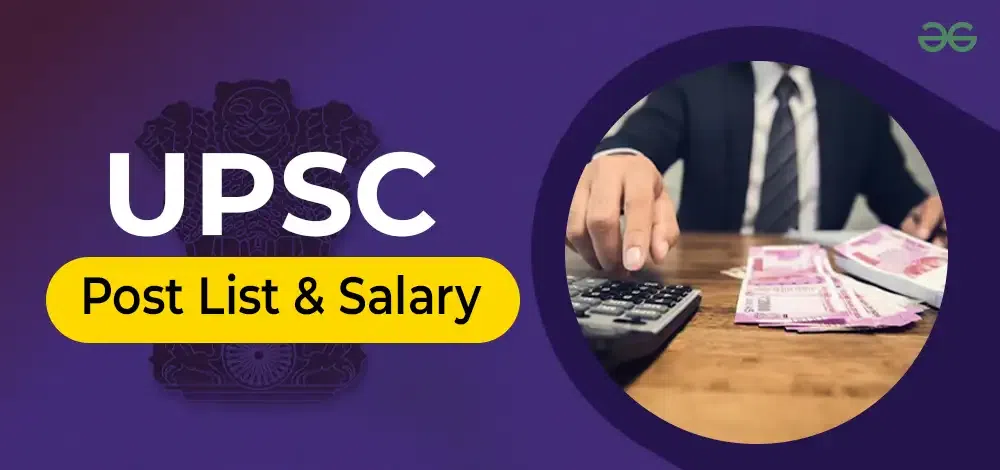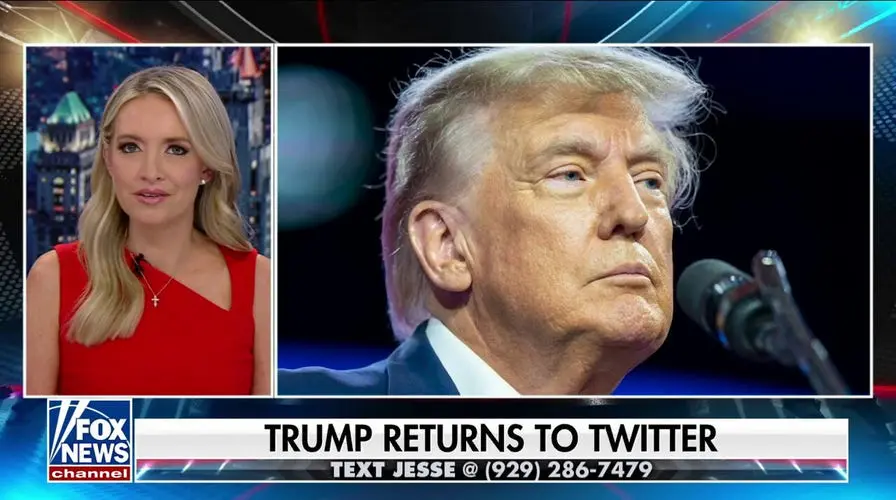The recent surge in applications for positions within the Northern Ireland Civil Service has presented unexpected challenges for many candidates. With 446 applicants experiencing technical issues during their interviews, the spotlight has shifted onto the adequacy of the interview process. Dr. Caoimhe Archibald, the finance minister, emphasized the prevalence of sound and video problems that ultimately hindered candidate performance and progress. These glitches raise critical questions about the robustness of the present interview platform and the support provided to candidates. It’s essential to grasp how technology, when mismanaged, can have dire ramifications for eager job seekers.
As the civil service navigates new hiring practices, understanding the impact of technology on the assessment process becomes paramount. In a time where digital interactions have become the norm, ensuring reliable systems and support is vital for a fair evaluation of candidates. This blog delves into the intricacies of technical breakdowns faced during the Northern Ireland Civil Service job interviews, exploring recent evidence, reactions from officials, and advice for future applicants.
The Extent of Technical Difficulties in Interviews
In a detailed report on the ongoing interview glitches, it was revealed that out of 2,698 candidates who submitted video assessments this financial year, a staggering 446 were unsuccessful due to technical failures. Dr. Archibald highlighted that a significant majority of these issues stemmed from the personal setups of candidates rather than the online platform itself. The department stated that despite rigorous testing of the platform prior to its launch, issues persisted and raised considerable concerns.
The feedback from candidates who faced technical problems paints a striking picture of frustration. Many invested substantial time in preparing for their interviews, only to find themselves thwarted by glitches beyond their control. This situation not only reflects poorly on the hiring process but also on the inclusivity of the digital job market. If candidates cannot access adequate support for technological failures, the process may inadvertently disadvantage those who are less tech-savvy or lack stable internet connections. Sound and video issues, ranked highest among complaints, have triggered a reevaluation of how interviews are conducted, especially in a digital-first world.

Government Response to Concerns
The concerns raised by candidates have not gone unnoticed by officials. SDLP MLA Daniel McCrossan has been vocal about his discontent regarding the handling of these technical problems, asserting that for over 873 candidates to face failures due to issues related to technology is wholly unacceptable. His impassioned scrutiny illuminates the need for significant improvements in the interview process. McCrossan’s comments spotlight that candidates should not have to face disadvantages stemming from operational inadequacies, particularly when they set out in good faith to apply for roles within the civil service.
Moreover, a spokesperson from the Department of Finance offered reassurances that all candidates are provided with preliminary advice related to setup and troubleshooting. Despite these assurances, the reality of the situation reveals that many candidates faced unresolvable issues during their actual interviews. This mismatch between expectations and reality can lead to a distrust in the system. The system needs to be more proactive, offering support that can empower candidates rather than leaving them stranded during the crucial moments of their interviews.
Preparing for Future Video Assessments
The landscape of job applications in the Civil Service is clearly evolving. As candidates gear up for future interviews, awareness of the technical aspects becomes a key factor in their preparation. Many applicants may be wondering how they can mitigate the risk of technology-related failures on their end. It’s crucial to invest time in performing thorough checks of your technology ahead of any scheduled assessments. This tactic could include:
- Ensuring a stable internet connection, possibly using an ethernet cable instead of Wi-Fi when possible.
- Testing audio and video functionality ahead of time, using platforms like Zoom or Skype to iron out any flaws.
- Familiarizing oneself with the interview platform and following any step-by-step setup procedures provided by the hiring organization.
- Being mindful of the surrounding environment to minimize distractions and ensure clarity during communication.

Tips for Navigating Technical Issues
Even with the best preparations, technology can betray candidates at the worst possible moment. So, how can individuals navigate through these unexpected occurrences during their interviews? Here are several strategies that may guide candidates through technical hitches:
- Stay Calm: In the face of technological issues, panic can lead to more mistakes. Remaining composed will help preserve clarity of thought and communication.
- Acknowledge the Issue: If something goes wrong, acknowledge it. Let the interview panel know what has occurred; communication is key.
- Have a Backup Plan: This could be as simple as having a secondary device available to switch over if major issues arise.
- Seek Support: If there’s a designated technical support contact, use them. They can troubleshoot issues remotely or guide the candidate on how to rectify the failure.
By adopting these techniques, candidates can navigate the complexities of video interviews, steering through the often-stressful waters of civil service hiring processes.
Community Reactions to Technical Glitches
As news of the technical difficulties spread, it ignited discussions across platforms and social media. Candidates and potential applicants took to forums and social networks, expressing their frustration and sharing their experiences. Reports indicated a groundswell of support for a reform of the interview process, highlighting the need for transparency and improvement. One common theme emerged: a demand for accountability from the Department of Finance in ensuring that systems transition smoothly for future hires.
In light of these shared experiences, various platforms took note; job seekers started exchanging advice on how to tackle common issues during video interviews. Resources like LinkedIn, Reddit threads focused on job hunting, and even personal blogs became hotbeds of discussion about the challenges faced during interviews. The community’s engagement is essential in pushing for change and fostering a more equitable recruitment landscape.

Looking Toward a Better Future
Understanding the challenges that candidates have faced during the Northern Ireland Civil Service interviews ignites a fervor for change and improvements in the hiring landscape. Moving forward, it’s imperative that both candidates and the organizations behind hiring policies advocate for a seamless interview experience. Enhanced testing procedures, user-friendly platforms, and thorough support for candidates must be at the forefront of this transition.
A commitment to refining technical support frameworks will enable civil service departments to foster a more inclusive and accessible recruitment environment. This commitment can be instrumental in ensuring that no one has to face the same frustrations due to technological flaws. With a focus on a positive candidate experience, the journey from application to hiring can resonate more favorably, paving the path for new talent entering the public sector.
As the public continues to voice its concerns regarding the mishandling of interviews exacerbated by technological failures, the hope for reform remains strong. Attention toward the candidate experience is crucial not just for the Northern Ireland Civil Service but for jobs in the wider public sector. Advocates for transparency and improved systems can take comfort that their voices are getting heard. The recent experiences of numerous candidates may serve as a catalyst for change, subsequently leading to more robust and equitable hiring practices that benefit all.
Hi there! I’m Jade, a 38-year-old gossip journalist with a passion for uncovering the juiciest stories in the world of celebrity news. With years of experience in the industry, I love sharing the latest trends and insider scoops.



